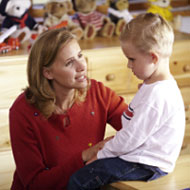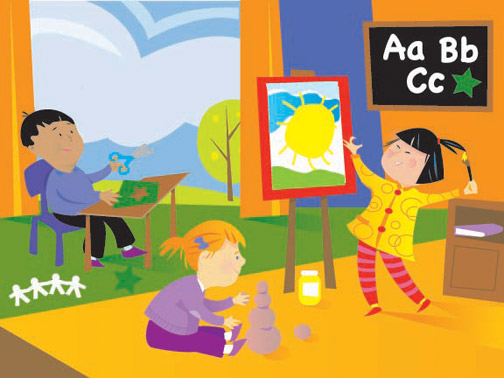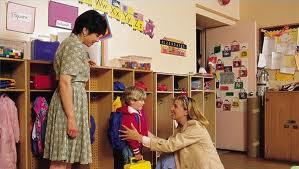Children always seem to find a way to ‘push our buttons’ at times and really try our patience. It’s easy to feel irritated, sad, angry, annoyed, confused and hurt. It’s at these times when our parenting skills are really tested, and that it’s imperative we maintain a kind but firm stance when it comes to doling out the discipline. And let’s face it – none of us ever want to hurt our child with physical or verbal abuse. We want to teach our child that such things are wrong, and punishing a misdeed or inappropriate action by yelling or hitting is hypocritical at best.
Our goal when disciplining our children is to teach them to be responsible, cooperative, kind and respectful. The best way to teach this is to always remain consistent, follow through with the same punishment for the same misdeed, and to discuss the discipline with your child openly and honestly afterwards.
Always keep in mind that the age, maturity level, and temperament of your child should always be considered when enforcing a set disciplinary action. Disciplinary actions should be discussed and understood in advance so that children know what they have coming when they’ve misbehaved and can give pause and hopefully choose an appropriate route to avoid it. And most importantly, remember that it’s not the child you dislike; it’s his or her chosen behavior, action or misdeed. If you need to, give yourself a brief ‘time out’ before responding with appropriate discipline. Sometimes we need a short cooling off period before dealing with our children’s misdeeds in order to avoid a misdeed of our own. Yelling and hitting should never be an option. Keep an open mind as a parent, and be willing to learn with and from your child. We all make mistakes and it’s important to realize that not every form of discipline works with every child. Children are just as unique as adults are, and forms of discipline should be tailored to fit the individual needs of both parent and child. But with a little forethought, patience, firmness, love and understanding, the discipline can have a positive outcome for all involved.











